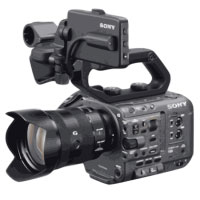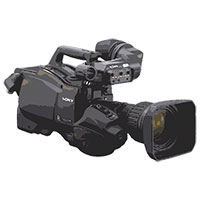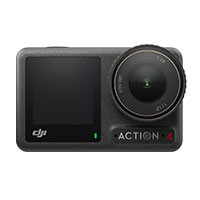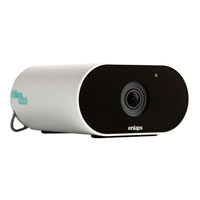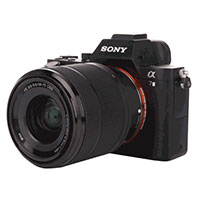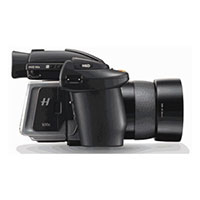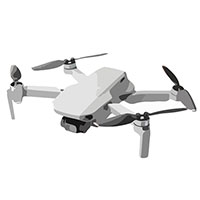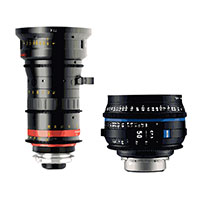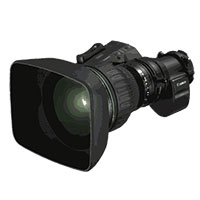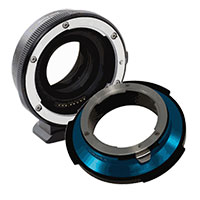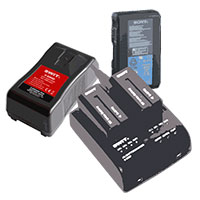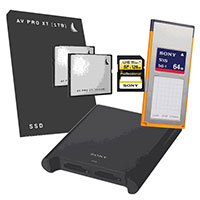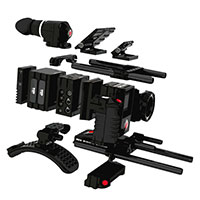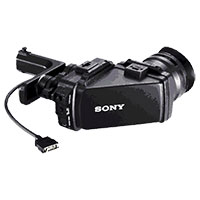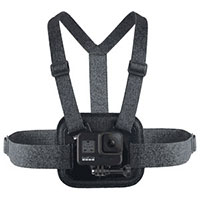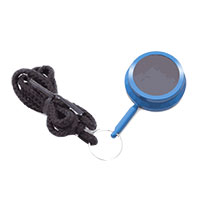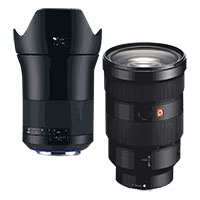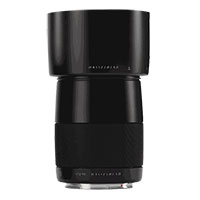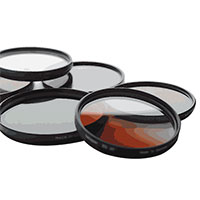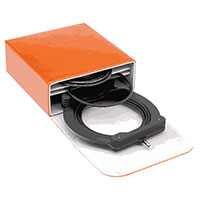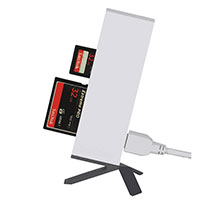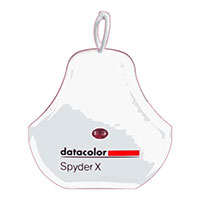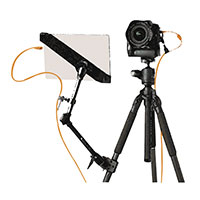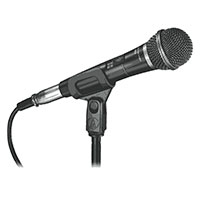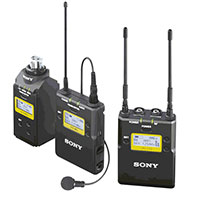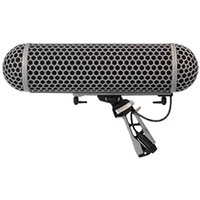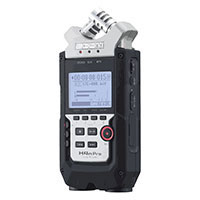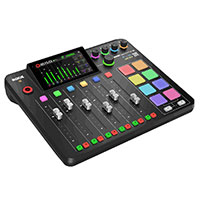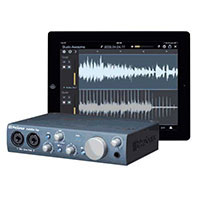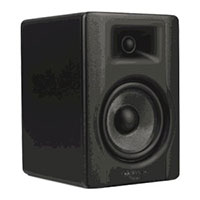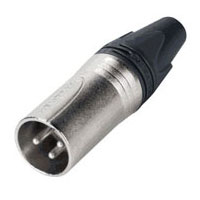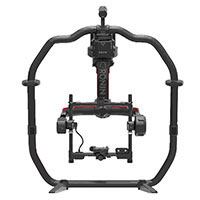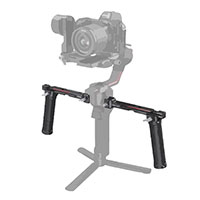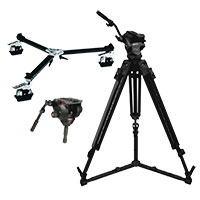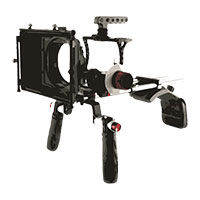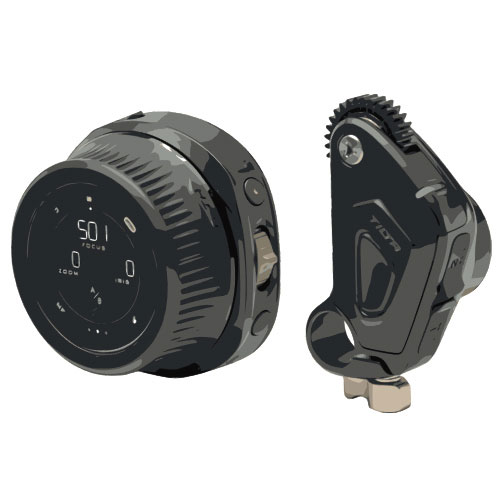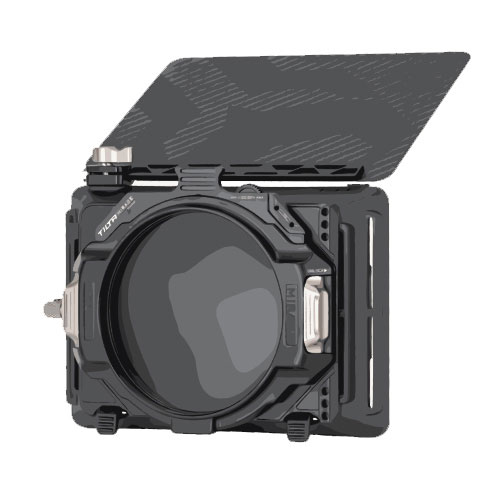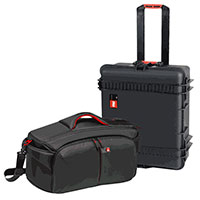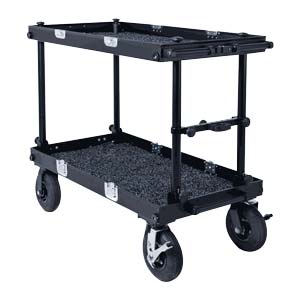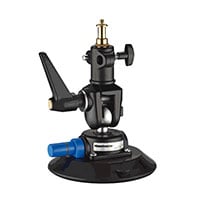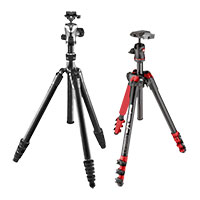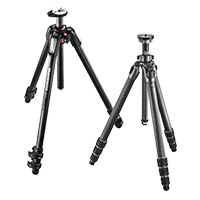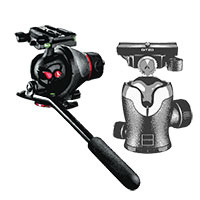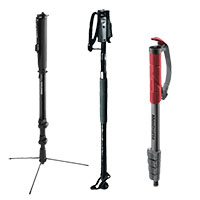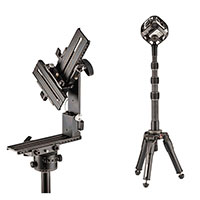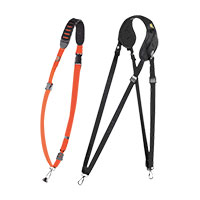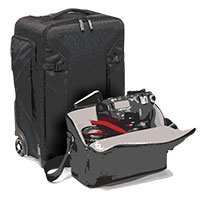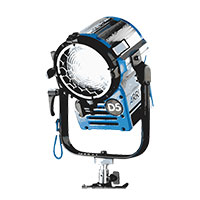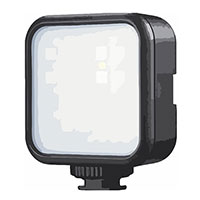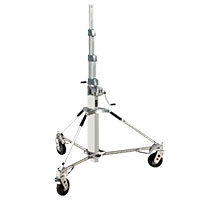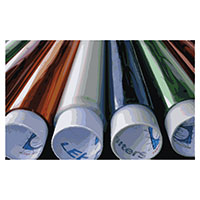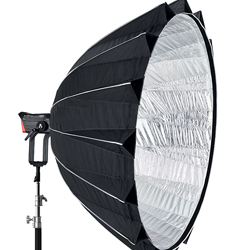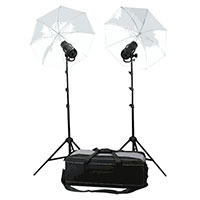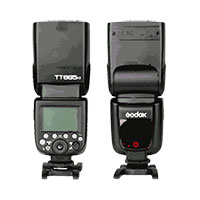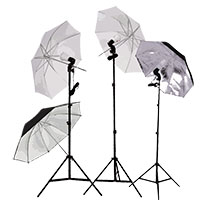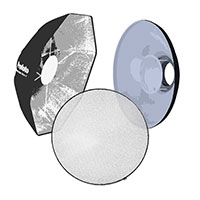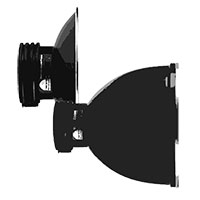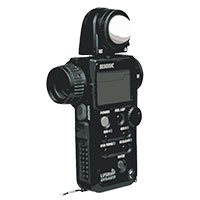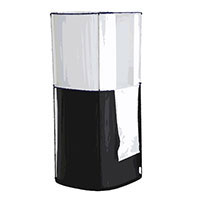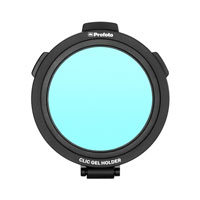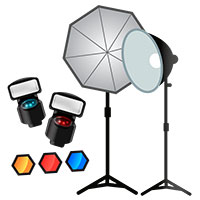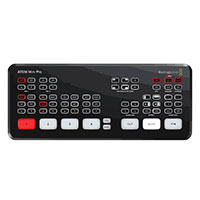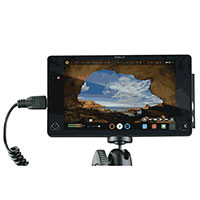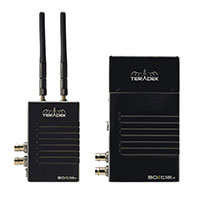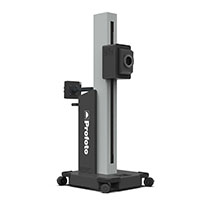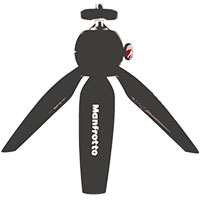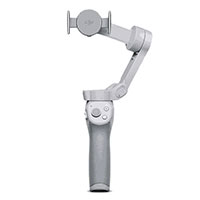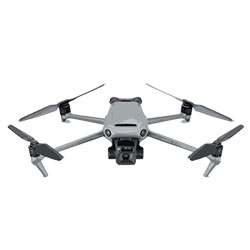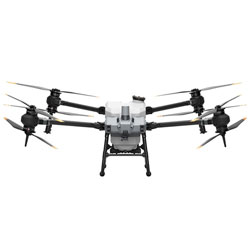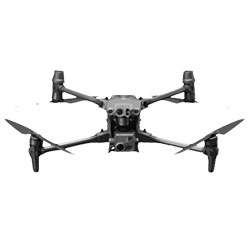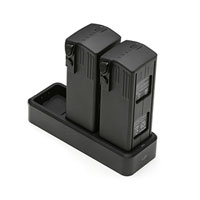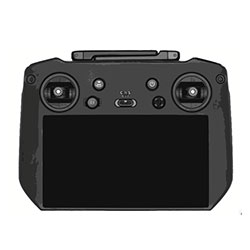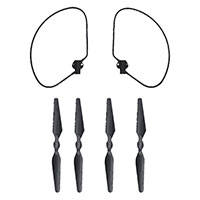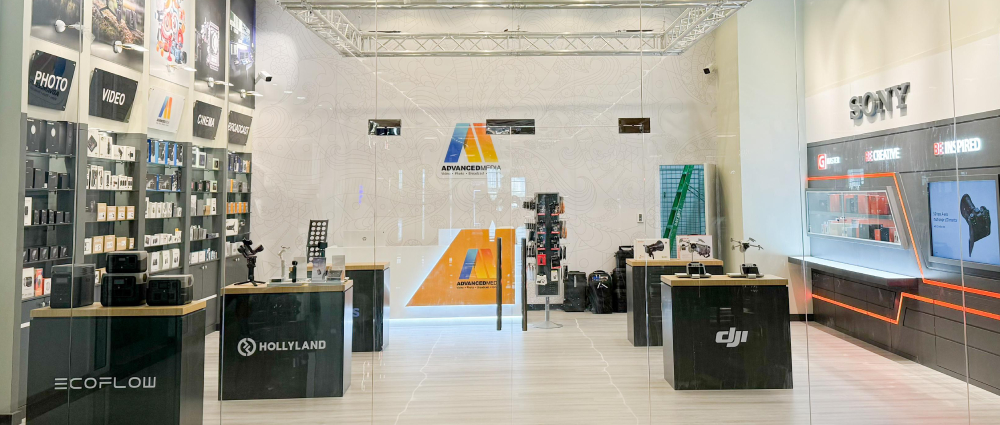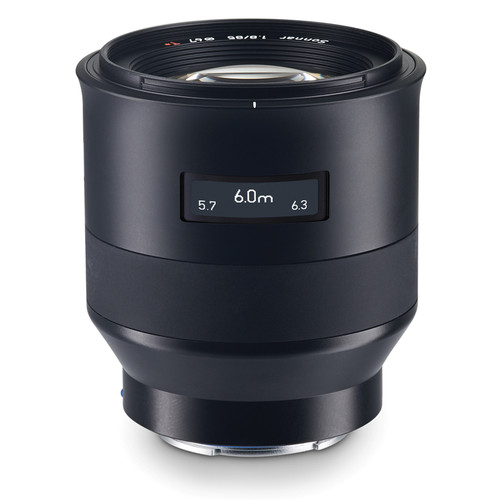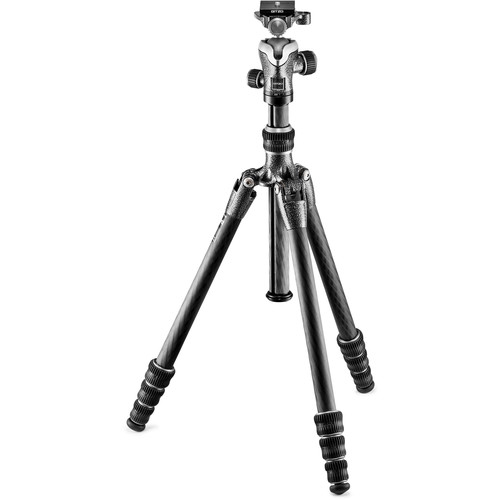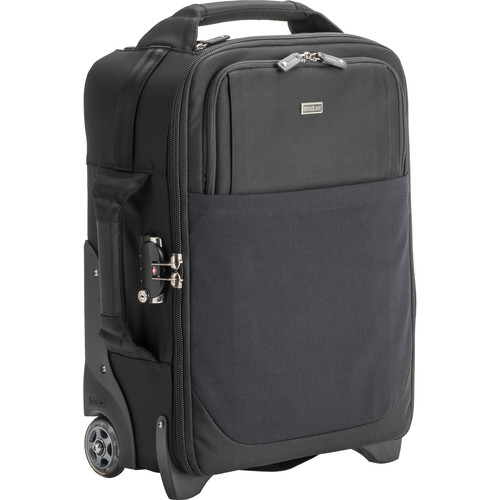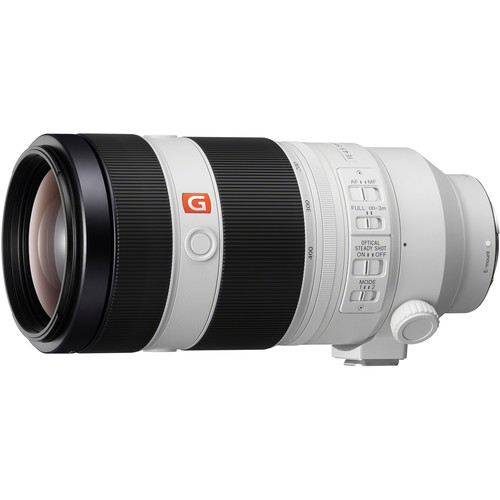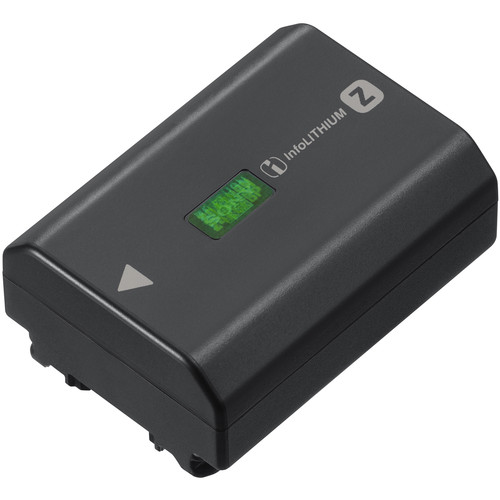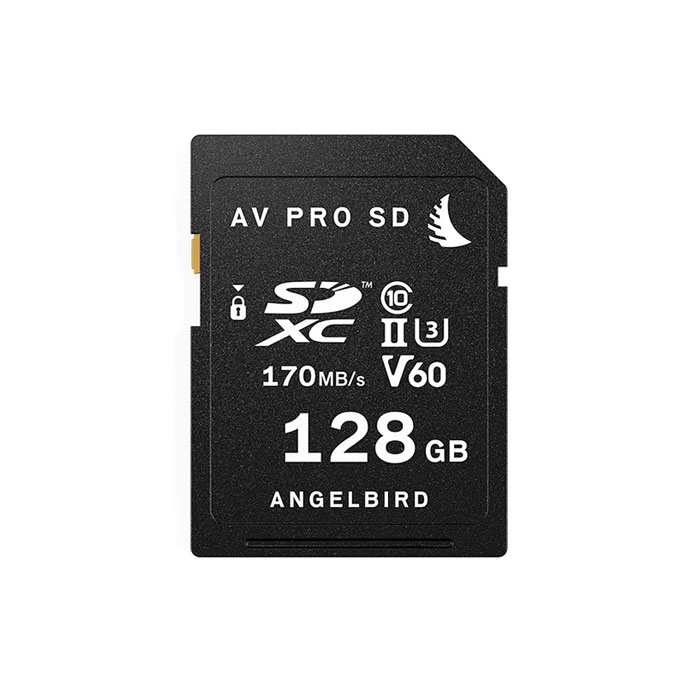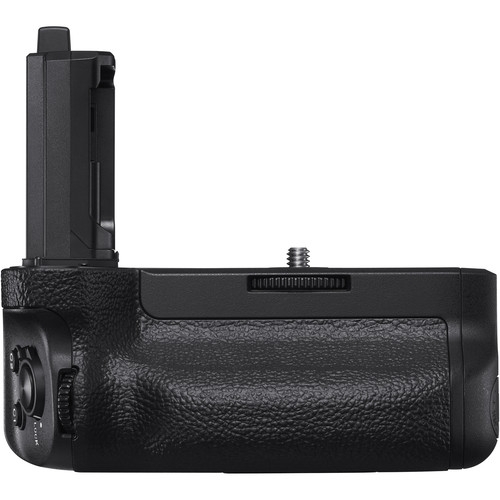Sony Alpha a9 II Mirrorless Digital Camera (Body Only) . Utilizing the proven 24.2MP full-frame Exmor RS BSI stacked CMOS sensor and an updated BIONZ X processor, the a9 II sports especially quick and responsive capabilities. Up to 20 fps shooting is possible with a silent electronic shutter or up to 10 fps with a mechanical shutter is supported, along with a wide sensitivity range that reaches up to an expanded ISO 204800. The sensor's design also incorporates a 693-point phase-detection autofocus system, which offers intelligent subject tracking and Real-time Eye AF to ensure critical focus on moving subjects. The BIONZ X also performs up to 60 AF/AE functions per second to go along with the 20 fps shooting for reliable results in quickly changing situations. In addition to stills, UHD 4K video recording is supported at up to 30 fps and Quick and Slow Motion recording is also available. Additionally, 5-axis SteadyShot INSIDE sensor-shift image stabilization is available, too, which minimizes the appearance of camera shake by up to 5.5 stops.
Benefitting the imaging capabilities, the a9 II receives a dramatic update in its physical design, featuring a more ergonomic body shape, refined weather sealing, and improved connectivity. A 3.69m-dot OLED EVF provides a bright, clear eye-level viewing means and affords blackout-free viewing to support photographing at high continuous speeds. The rear 3.0" 1.44m-dot tilting LCD has a touchscreen design, too, for intuitive control over shooting settings and playback. Dual UHS-II SD memory card slots permit flexible file storage and the a9 II has been fitted with an improved 1000BASE-T Ethernet port for faster wired LAN sharing and remote camera operation. 5.0 GHz wireless sharing and Bluetooth are integrated, as well, for wireless sharing and remote camera control. Additionally, Voice Memos enables you to record up to 60-second sound clips with each photo, which can then be automatically converted to text, using the Transfer & Tagging app add-on, and then embedded into files' metadata.
24.2MP Exmor RS BSI Stacked CMOS Sensor and BIONZ X Image Processor
Built for speed, the a9 II utilizes a 24.2MP Exmor RS BSI stacked CMOS sensor, along with an updated BIONZ X image processor, that yields impressively quick and responsive performance. Up to 20 fps continuous shooting is possible using an electronic shutter or 10 fps shooting is supported with a mechanical shutter. The sensor's back-illuminated design also affords high sensitivity to an extended ISO 204800 with reduced noise for clean image quality in a variety of lighting conditions. Additionally, uncompressed raw files can be recorded in 14-bit for greater color fidelity and post-production flexibility.
The BIONZ X processor also works in conjunction with a high-speed front-end LSI to realize faster processing times along with a wide dynamic range with smooth tonal rendering. Benefitting the fast recording capabilities is an equally quick AF/AE metering system that functions at 60 times per second to continuously evaluate the scene in order to lock onto and track moving subjects. Automatic anti-flicker shooting also recognizes and times the shutter action to minimize the flicker effect for more consistent results on still images. Additionally, due to the use of an electronic shutter, totally blackout-free monitoring is possible with the electronic viewfinder for more accurate compositions of moving subjects.
Fast Hybrid AF System
Covering 93% of the image area, a Fast Hybrid AF system incorporates 693 phase-detection points along with 425 contrast-detection areas for quick and precise focusing in a variety of lighting conditions with sensitivity down to -3 EV. The density of focusing points from this hybrid AF system also enables High-density Tracking AF Technology, which is adept at tracking moving subjects in a variety of lighting conditions. Updated AF algorithms also benefit maintaining critical focus on erratically or unpredictably moving subjects. Additionally, the use of phase-detection points enables the use of A-mount lenses via the optional LA-EA3 or LA-EA1 lens mount adapters with full continuous AF/AE tracking compatibility.
The apt focus system also lends itself to a variety of focusing functions for refined accuracy, including Lock-on AF, which maintains focus on moving subjects throughout the use of a configurable frame that is set over the desired moving subject, and Expand Flexible Spot, which employs neighboring focus points to retain focus on moving subjects even if the originally selected point loses focus. The focus frame color is selectable, between white and red, and AF tracking is possible with apertures narrower than f/16 with select lenses when working in Focus Priority mode. Additionally, Eye AF can be used to base focus on recognized human subjects' eyes for portraits and is available in both AF-S and AF-C modes, for both stills and video. Eye AF can be used when photographing animal subjects, too, with any focusing mode when shooting stills. Autofocus can also be used in conjunction with the Focus Magnifier function for critical focus when homing in on minute subject details. The rear touchscreen can also be used for Touch Focus control, and a Touchpad Focus Control mode lets you use the rear screen intuitively while keeping your eye to the viewfinder. Additionally, when working in AF-C mode, the focus point can be moved while the shutter button is half-pressed, making it easier to quickly shift focus without losing sight of the action.
Body Design
- A Quad-VGA OLED Tru-Finder EVF is featured and has a 3.69m-dot resolution and 0.78x-magnification for bright, clear viewing in rich detail, and a dedicated High Quality setting enables a 120 fps refresh rate for especially smooth playback of moving subjects. Additionally, a fluorine coating has been applied to the outermost viewfinder element to benefit cleaning.
- In addition to the EVF, a 3.0" 1.44m-dot rear LCD is also available, which has a touch panel design for intuitive operation and focusing control. The screen also tilts upward and downward to benefit working from high and low angles.
- Magnesium alloy chassis assures rigidity, durability, and stability while remaining lightweight. The lens mount has also been improved to better support heavy lenses, and the grip rigidity has been improved for more comfortable hand-holding.
- Extensive weather-sealing, including enhanced sealing around the battery cover, terminal cover, and chassis joints, has been employed to resist dust and moisture for reliable operation in harsh weather conditions.
- Using the same NP-FZ100 battery as its predecessor, the a9 II's battery life is rated for approximately 500 shots per charge with the EVF or 690 shots with the rear LCD.
- Dual SD memory card slots allow for flexible file saving and handling and can be configured to partition raw and JPEG files or can be used for overflow recording. Both of the card slots are rated to support UHS-II memory cards for faster transfer speeds.
- A USB 3.2 Gen 1 Type-C port has been added, in addition to a micro-USB port, for faster, more reliable tethering support. The USB Type-C connection allows the camera to be charged from the host power source while connected.
- Integrated PC sync terminal for wired flash sync with strobe packs or wireless radio remotes.
- Durable shutter design has been tested for 500,000 actuations.
- Updated Multi Interface Shoe supports working with the optional ECM-B1M Shotgun Microphone or XLR-K3M XLR Adapter Kit, which provide improved, clear audio recording sound by sending a digital audio signal to the camera, opposed to an analog signal.
- The a9 II also features a 3.5mm microphone input jack for compatibility with external microphones.
- Compatible with optional VG-C4EM Vertical Grip.
Connectivity
- Built-in Wi-Fi enables the a9 II to instantly share imagery to mobile devices for direct sharing online, and support for both 2.4 and 5.0 GHz bands also enables wireless tethered shooting support. NFC (Near Field Communication) is also supported, which allows for one-touch connection between the camera and compatible mobile devices; no complex set-up is required. Once connected, the linked mobile device can also display a live view image on its screen and remotely control the camera's shutter.
- Bluetooth connectivity allows for location data acquisition.
- Integrated Ethernet port has been upgraded to 1000BASE-T speed for quick wired LAN sharing and remote operation.
- When working over a wired LAN, the Remote Camera Tool 2.1 app now has been enhanced for a reduced release time lag and live view delays as well as support for remote SD card formatting, FTP server switching, and changes to the still image storage destination. Wired or wireless LAN transfers can also occur in the background, while continuing to shoot.
- Imaging Edge Remote for desktop now supports the a9 II for PC Remote shooting via the Wi-Fi connection or tethered by the wired USB Type-C port. An updated data transfer control now makes it possible to transfer files from an SD card over Wi-Fi using the Imaging Edge Mobile app even when the camera is powered off.
- Transfer & Tagging add-on app can send FTP setting parameters from your mobile device to the camera, offers automatic data upload to an FTP server with attached metadata, and can perform automatic voice-to-text conversion.
- Voice Memos can be recorded in conjunction with still images and allow for attaching up to 60-second-long sound recordings to individual images. Saved as WAV audio files, these memos can be attached to files and played when the images are reviewed. Using the Transfer & Tagging add-on on a smartphone, you can automatically or manually convert this audio into text to be embedded in the image's metadata.
- Up to 10 distinct FTP settings can be saved and stored to an SD card, or up to 20 different settings can be saved via the Imaging Edge Mobile app.
UHD 4K Video Recording in XAVC S Format
Internal recording of UHD 4K movies is possible in multiple frame rates up to 30 fps and, based on the Super35mm recording area and effective 6K resolution, oversampling renders greater detail and full pixel readout is possible, that is void of pixel binning, for higher quality imagery with reduced moiré and aliasing. Full-frame 4K recording has also been dramatically improved for improved quality when working at mid to high sensitivities to permit full use of the entire sensor width. Full HD 1080p recording is also supported in frame rates up to 120 fps, and both resolutions utilize the 100 Mbps XAVC S format contained within an MP4 wrapper with 4:2:0 sampling. The high-speed, 120 fps recording also enables 4x and 5x slow-motion movie recording with the frame rate set to either 30p or 24p. In addition to high-resolution internal recording, uncompressed HDMI output also enables the use of an optional external recorder for clean 4K recording with 4:2:2 sampling.
4K video recording also avails the ability to produce 8MP stills during playback by taking a frame grab from a movie and storing it as a separate file.
5-Axis SteadyShot INSIDE Image Stabilization
The a9 II incorporates an enhanced 5.5-stop effective 5-axis SteadyShot INSIDE image stabilization system, which compensates for five different types of camera shake encountered during handheld shooting of stills and video. This allows users to confidently use any lens, even adapted lenses, for critical imaging without encountering blur from camera shake.
For long focal lengths, the system will correct for pitch and yaw adjustments. Macro and high-magnification imagery, on the other hand, will benefit from the inclusion of horizontal and vertical shift compensation. All shooting styles will get usage out of the roll compensation. All 5 axes of stabilization will function at all times, even when used with third-party lenses and adapters or lenses with built-in optical stabilization.
Other Camera Features:
- Save/load camera settings is possible in-camera as well as to an SD card for working with the same shooting settings with multiple camera bodies.
- Customizable Fn button can be set to handle separate tasks depending on if working in stills or video modes.
- A Ratings function lets you assign star values, from 1-5, to images in-camera for faster editing and sorting at home during post-production.
- An advanced 1200-zone evaluative exposure metering sensor delivers consistent and accurate results using multi-segment, center-weighted, or spot metering modes.
- Highlight and Average metering modes helps avoid blown-out highlights and provide stable auto-exposure, respectively.
Advanced Media is SONY authorized distributor. Contact Advanced Media Dubai for Sony Alpha a9 II Mirrorless Digital Camera (Body Only)..







 UAE
UAE KSA
KSA

